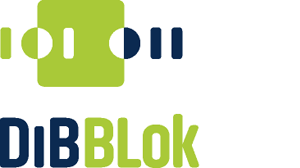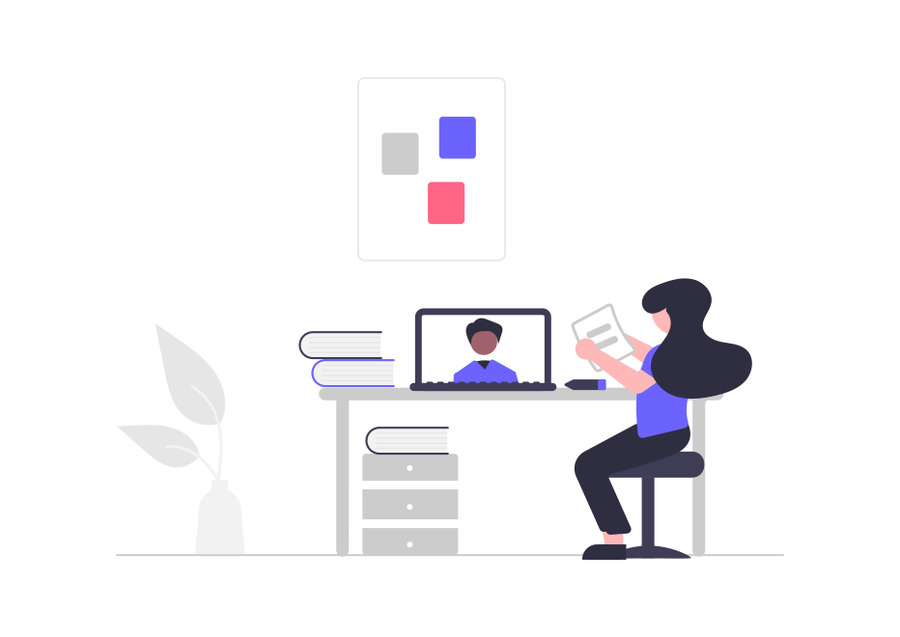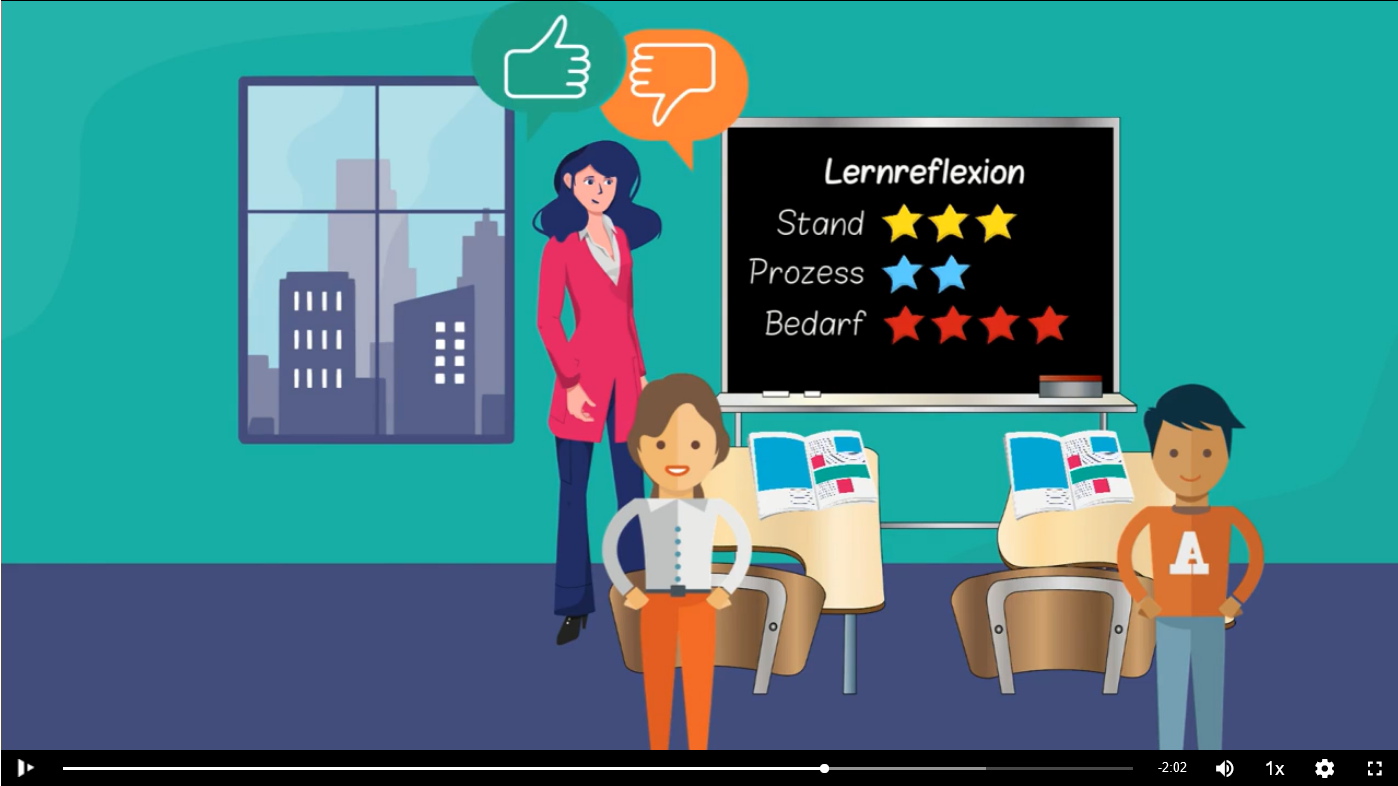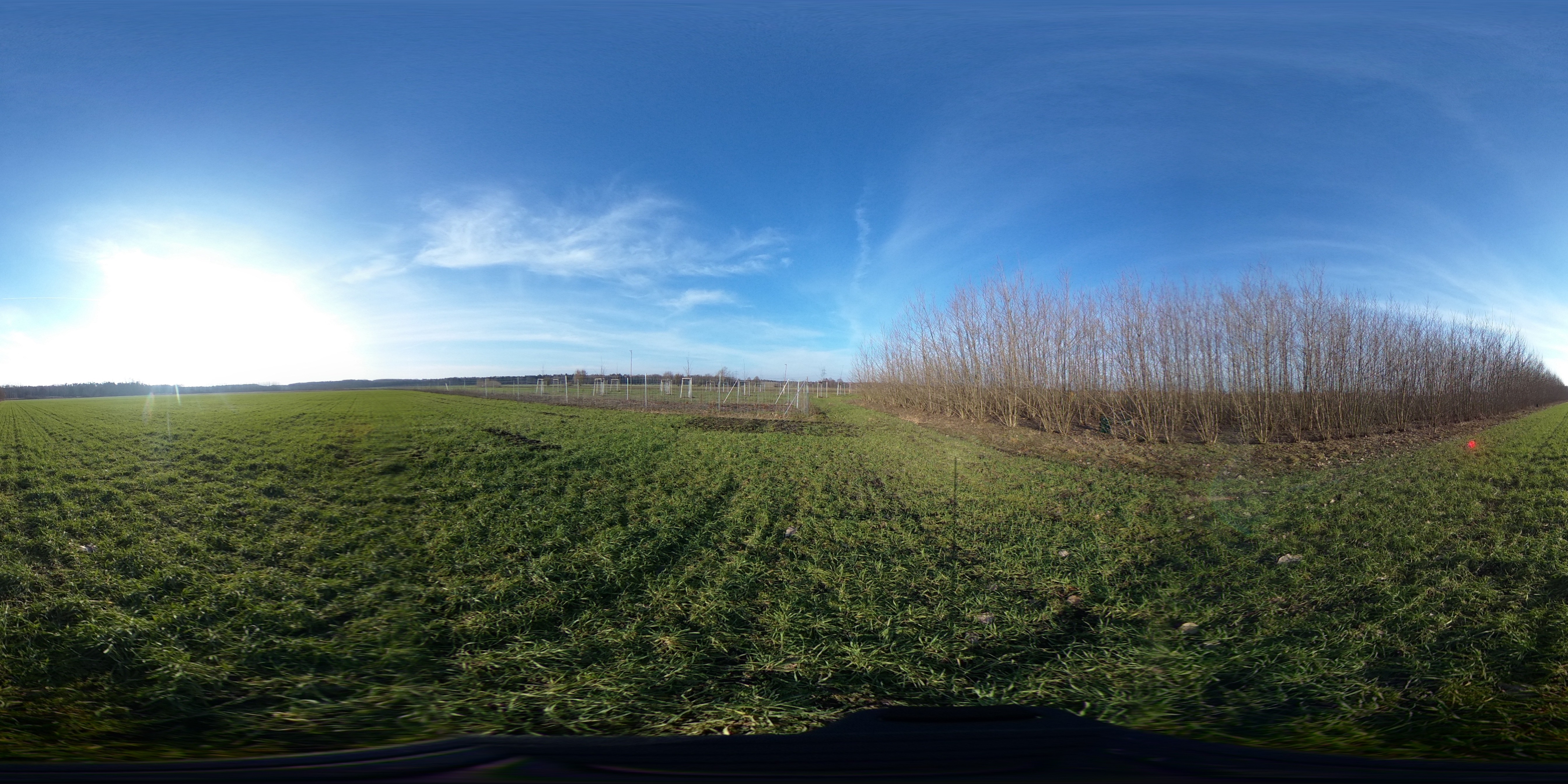Enabling scalable individual support and supervision for students – development of design concepts in the tech4comp project
In the current situation, the digitization of courses must be done ad hoc and raises many fundamental questions: How do students get access to the materials? How can teachers and students communicate securely with each other? How can students exchange ideas? There are already a number of tools available for this purpose, which are currently being intensively tested, used and assessed positively or negatively by teachers and students.
In the BMBF-funded Joint project tech4comp We are currently developing and researching digitally supported support scenarios that go beyond these basic functions and are intended to enable students to learn in a personalized and individualized way, while providing them with continuous feedback and recommendations on their learning process and progress. The aim of the project is to develop design concepts that make mentoring processes scalable for the acquisition of skills. This means that the individual support situation between mentor and mentee should also be made possible for large numbers of students thanks to the use of digital infrastructures and the use of artificial intelligence.
In a course run by the Chair of Educational Technology at the Faculty of Education, we are testing various didactic interventions using digital tools. The lecture already exists as a blended learning arrangement in which lecture recordings, digitally provided texts and various thematic forums are used for knowledge transfer and exchange. So far, however, students have not received any feedback on their learning level until they take the exam. We now want to change this with two interventions and very specific feedback on this.
In the project, we are testing a text analysis tool that is being developed at the Martin Luther University in Halle. This tool makes it possible to extract students' topic-specific mental models from their texts and map them into knowledge maps. Students receive feedback on which key terms of the topic they have already internalized in their mental models and how these are linked to one another. In addition, students can compare their own model with that of a sample text and thus identify which key terms they need to focus on in more detail and which terms may still exist in isolation in their mental model. This is therefore not about feedback on correct or incorrect answers, but rather about elaborate automated feedback on understanding a complex topic.
In addition, we offer students a practice exam based on tasks that can be evaluated automatically. Here, too, our goal is not to find out whether the students have solved the tasks correctly or incorrectly, but rather to present the tasks in an overall context. We have annotated all tasks with metadata in an external tool from the University of Leipzig and can thus map the learning objective taxonomy levels (remembering - understanding - applying - analyzing) and the types of knowledge (factual knowledge - conceptual knowledge - process knowledge) at which the students are already answering confidently and where they still have deficits.
Both the students receive feedback on their individual learning achievements and the teacher receives feedback on the entire student group via a so-called mentoring workbench, which is being developed at the media center. This not only enables feedback to be displayed and recommendations for further learning and teaching based on it, but also data to be exchanged between the learning management system used (in our case OPAL) and the external tools used.
This is the reason why we at the Media Center are also intensively dealing with the topics of data protection and organizational implementation, because after we have tested the tools developed in the project network and researched their effectiveness, we would like to make them available to all university lecturers, which requires certain legal and organizational framework conditions, which we take into account from the very beginning of the project.
Our project results cannot currently be used for digitally supported teaching during the Corona crisis, but we are confident that they will enable digitally supported teaching and learning processes to be even more personalized and individual in the future. If knowledge transfer and exchange are already increasingly digitally supported, it will be easier in the future to supplement the offerings with further scenarios and technologies. We will be happy to keep you updated on this.
Further project information can be found on our project page: https://tu-dresden.de/mz/forschung/projekte/tech4comp or the association website: https://tech4comp.de/.






